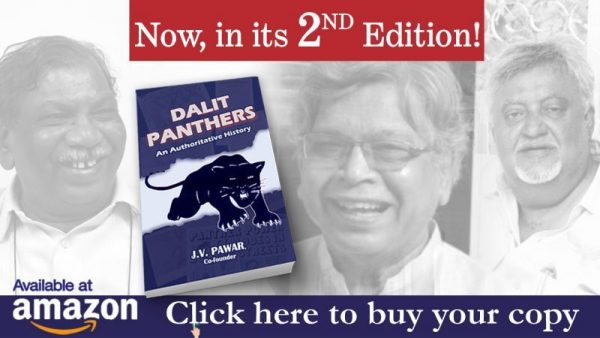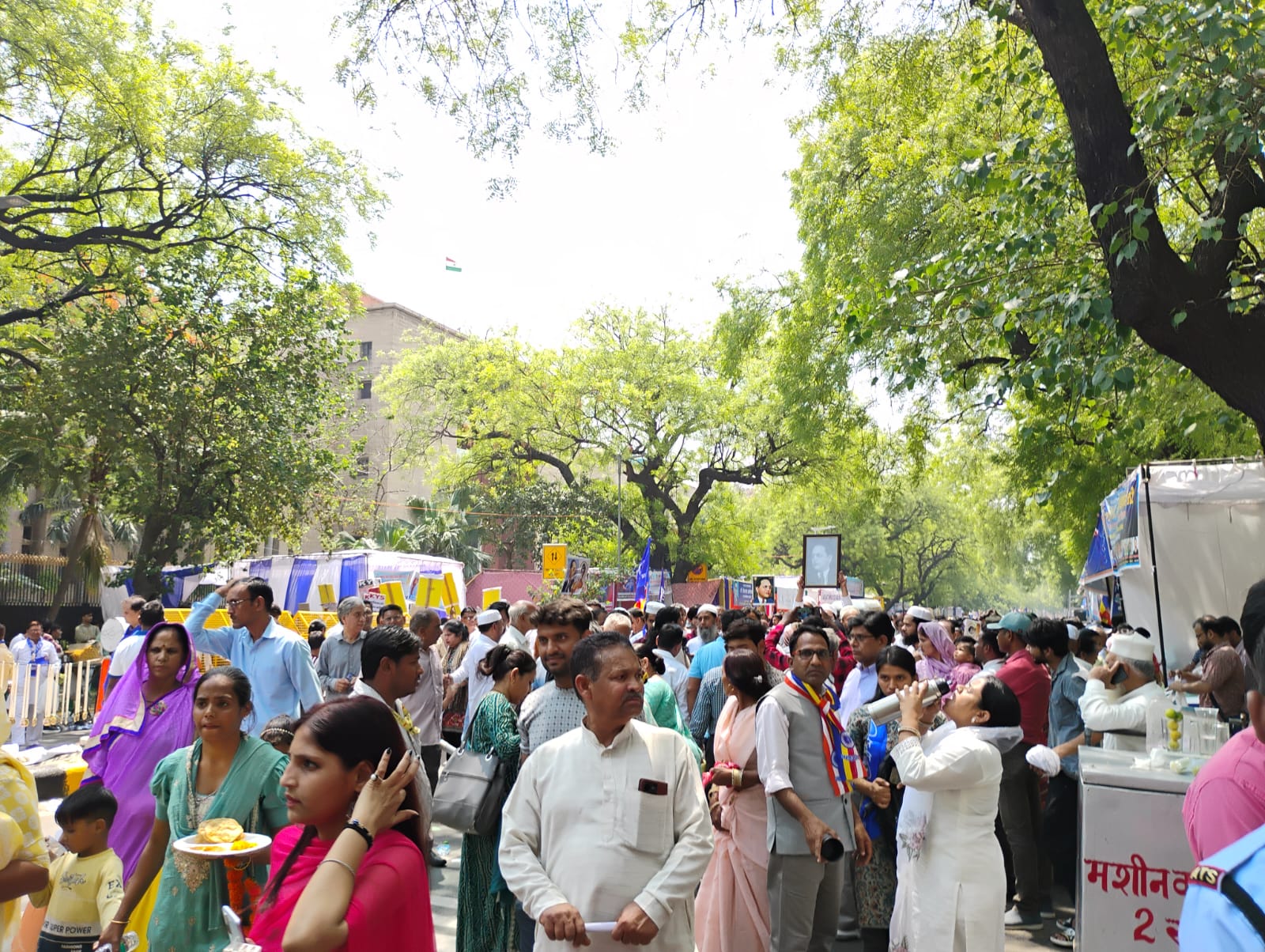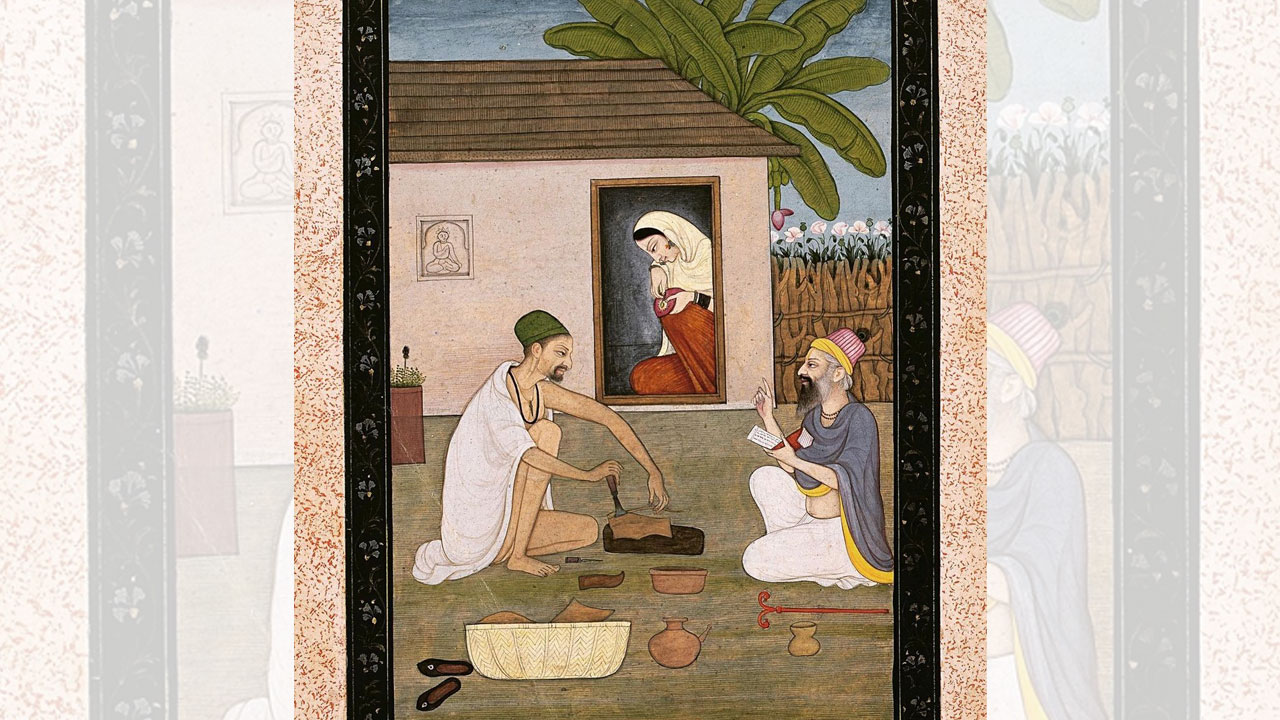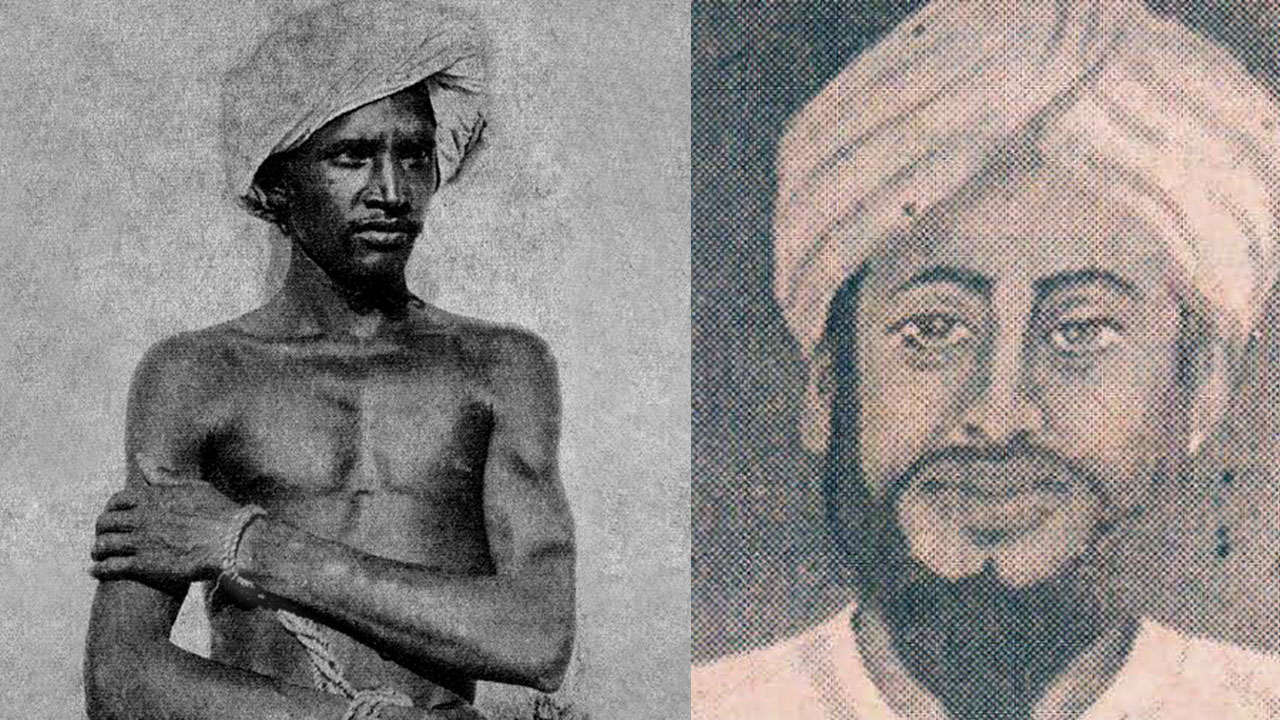P.S. Krishnan tells the post-Independence history of social justice: Part I
P.S. Krishnan is among a handful of bureaucrats in the Indian government who have committedly pursued the interests of the deprived sections of society. He is in a way a living document of social justice in post-Independence India. He retired a couple of decades ago but continued to be part of government committees and take up advisory roles. He also shared his experiences with Vasanthi Devi, a former vice-chancellor of Manonmaniam Sundaranar University, Tamil Nadu, and their conversation took the form of the book A Crusade for Social Justice: Conversations with P.S. Krishnan. Forward Press will be bringing out the Hindi edition of the book, which is essentially the history of social justice in post-Independence India. Before publishing the book, we will be serializing parts of the book on our website. – Editor
Some are born with an obsession; some develop one early in life and then the obsession possesses them and drives them all their lives. The cause and the crusader often become indistinguishable, the triumphs and also setbacks of the cause mark the milestones in the crusader’s life. This book is both a salutation to the crusader and a reaffirmation of the cause.
P.S. Krishnan is an outstanding champion of the oppressed and exploited sections of Indian society. Throughout his life, from his student days in his native Kerala and later as a member of the Indian Administrative Service (IAS) in the Andhra Pradesh cadre of 1956 (initially Hyderabad cadre prior to linguistic reorganization of States in 1956) and then in various positions, including as Secretary to the Government of India, and later during his post-retirement phase, he has been passionately and with single-minded devotion, working for the advancement and empowerment of the Scheduled Castes (SC), Scheduled Tribes (ST) and Socially and Educationally Backward Classes (SEdBC), including religious minorities among them.
He sought to mould governance and public administration into a proactive instrument of reaching out to the deprived communities. In this quest, he has often met with antagonism, hostility and persecution from powerful sections, which he faced cheerfully and undauntedly. He has been pulled up by higher authorities, more than once, for his totally unconventional ways of governance and for upsetting the apple cart. P.S. Krishnan’s life and work are“the rarest of the rare” among Indian bureaucrats. This is the story of the obsession for social justice that took possession of P.S. Krishnan, the great bureaucrat- reformer-activist, and drove him all his life.

Krishnan’s crusading work was carried out in a land of many oppressions that India was in his young days and still largely and essentially is. Born in the “uppermost caste” (so-called, as he terms it), he launched a veritable war against the caste system, which he calls “the civilizational fault-line of India”. His vision derives, Krishnan says, from a unique ideology, rather a blend of many ideologies, of Ambedkar, Gandhi, Narayana Guru, Vivekananda, Periyar, and Marx. Infused with this blend and armed with his encyclopaedic knowledge of India’s thousands of castes and their regional variations, he evolves his strategies, based on unassailable constitutional and legal premises, crafting them intricately.
As a young officer in Andhra Pradesh, he pioneered as early as in 1957, the practice of officially camping in Scheduled Caste bastis, tribal villages and hamlets of labouring Backward Classes, thereby infusing confidence and self-esteem in them, but infuriating the incredulous upper-caste-classes and giving a cue to the echelons of governance. He pioneered massive drives for the distribution of agricultural lands and house sites to the landless and homeless, which are milestones in the governance of Andhra Pradesh.
In various capacities from Collector up to Secretary in the Government of India, he conceived and implemented pioneering initiatives for the deprived classes like the Special Component Plan for Scheduled Castes (SCP) in 1978 and the Special Central Assistance to the States’ SCPs and Central Assistance to States for their SC Development Corporations and many other schemes.

His was the heart, brain and hand behind a number of constitutional and legislative enactments like the Constitution (65th) Amendment Act, 1990 vesting constitutional status in the National Commission for SCs and STs, legislation providing SC status to Dalit Buddhists, the SC and ST (Prevention of Atrocities) Act 1989 [and later the SC and ST (Prevention of Atrocities) Amendment Act, 2015], the Employment of Manual Scavengers and Construction of Dry Latrines (Prohibition) Act, 1993 (and later, its amended version, the Prohibition of Employment as Manual Scavengers and their Rehabilitation Act, 2013). As Secretary, Ministry of Welfare in 1990, he persuaded the government to accord long-denied recognition for the Socially and Educationally Backward Classes (SEdBCs) at the national level and provide reservation for them, and laid the base for its successful defence in the Supreme Court.
After retirement in 1990, he was a member of the National Commission for SCs and STs in 1991-92; a member of the Expert Committee on Backward Classes in 1993; and member-secretary, National Commission for Backward Classes, 1993-2000. In that capacity, he operationalized reservation for SEdBCs, prepared central (common) lists of SEdBCs, ensuring that genuinely backward communities left out were brought into the Central List and communities not socially backward were scrupulously kept out.
In 2006, the Government of India took his help as advisor to guide the defence of its legislation, providing reservation for SCs, STs and SEdBCs in admission to educational institutions in the Supreme Court, resulting in the upholding of its Constitutional validity in 2008. The Government of Andhra Pradesh took his help as advisor in 2007 to identify the Socially and Educationally Backward Classes of Muslims and on the basis of his encyclopaedic analysis, the government enacted legislation providing 4 per cent reservation for them, and to guide its defence in the High Court and later in the Supreme Court.
He is closely associated with a number of NGOs working for the rights of SCs, STs, SEdBCs, including Muslim and other Minority BCs. He has been the chairman and a member of many working groups and steering committees of the Planning Commission and government committees on these communities.
He is the author of many books, documents, papers on the subject of social justice, some published and others in the pipeline. Presently in his mid-80s, he is, in association with younger colleagues and social workers, feverishly working on pushing with governments his road map of comprehensive legislative and programmatic/schematic measures required for the holistic advancement of SCs, STs and SEdBCs, especially the most and extremely backward castes among the SEdBCs, to enable them to reach the level of equality with the socially advanced castes, particularly on securing national and state legislations for Special Component Plan for Scheduled Castes (SCP) and Tribal sub-Plan (TsP) and SC and ST Development Authorities; securing full implementation of the SC and ST (Prevention of Atrocities) Act; and categorization and socio-economic advancement of the SEdBCs, and travelling all over the country for this cause.
The book has a rather unusual form; it is not an autobiography or reminiscences in the traditional format. It is a long interview of Krishnan by me, the questions merely providing the cue for Krishnan to delve into his monumental work and flesh out the teeming data stored in his amazing memory. It is a themes-based and issues-based account of Krishnan’s life-journey, work and ideas, brought out through my questions on specific issues. Arising from this format, the book does not follow chapterisation based on chronological sequencing as is usual in biographies/autobiographies, but is arranged on the basis of thematic continuity and unity. Originally, these questions were framed by me in a different context, viz., to elicit more information than I already had about him in order to enable me to write an introduction to a book of Mr Krishnan (translated in Tamil by Thiru T. Neethirajan) which was released on 9 January 2017 in Chennai under the title Jaati Ozhippukkaana Chennai Prakatanam (Chennai Declaration for Caste Eradication). I requested him to answer each question in as much detail as possible, unconstrained by considerations of length. This grew into the present full-length book.
The book is an invaluable compendium for all those who believe in justice, human rights, the vision of the Indian Constitution and material and social progress of all Indians. It does not stop with laying down the ideal, but shows how to take on the structure of a caste-class society and the governments that safeguard the unjust structure, all of it, working from within the system. Students and teachers of issues of deprivation, exclusion and policies for inclusion would specially benefit from it. The book must be a prescribed text for trainees of India’s civil and other services, including the judicial service.
Excerpted from A Crusade for Social Justice, published by South Vision Books and available for purchase here
Forward Press also publishes books on Bahujan issues. Forward Press Books sheds light on the widespread problems as well as the finer aspects of Bahujan (Dalit, OBC, Adivasi, Nomadic, Pasmanda) society, culture, literature and politics. Contact us for a list of FP Books’ titles and to order. Mobile: +917827427311, Email: info@forwardmagazine.in)
The titles from Forward Press Books are also available on Kindle and these e-books cost less than their print versions. Browse and buy:
The Case for Bahujan Literature
Dalit Panthers: An Authoritative History







